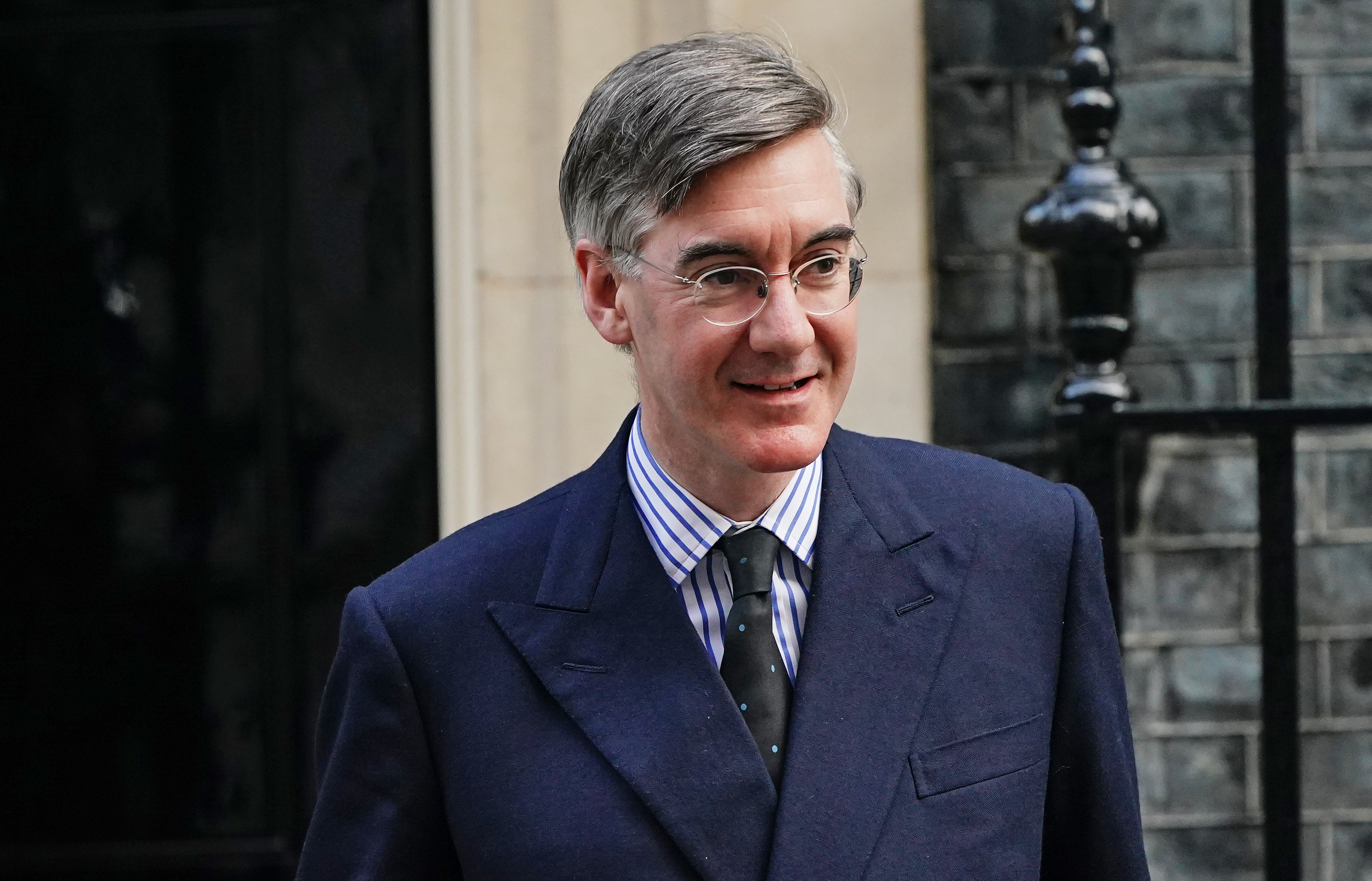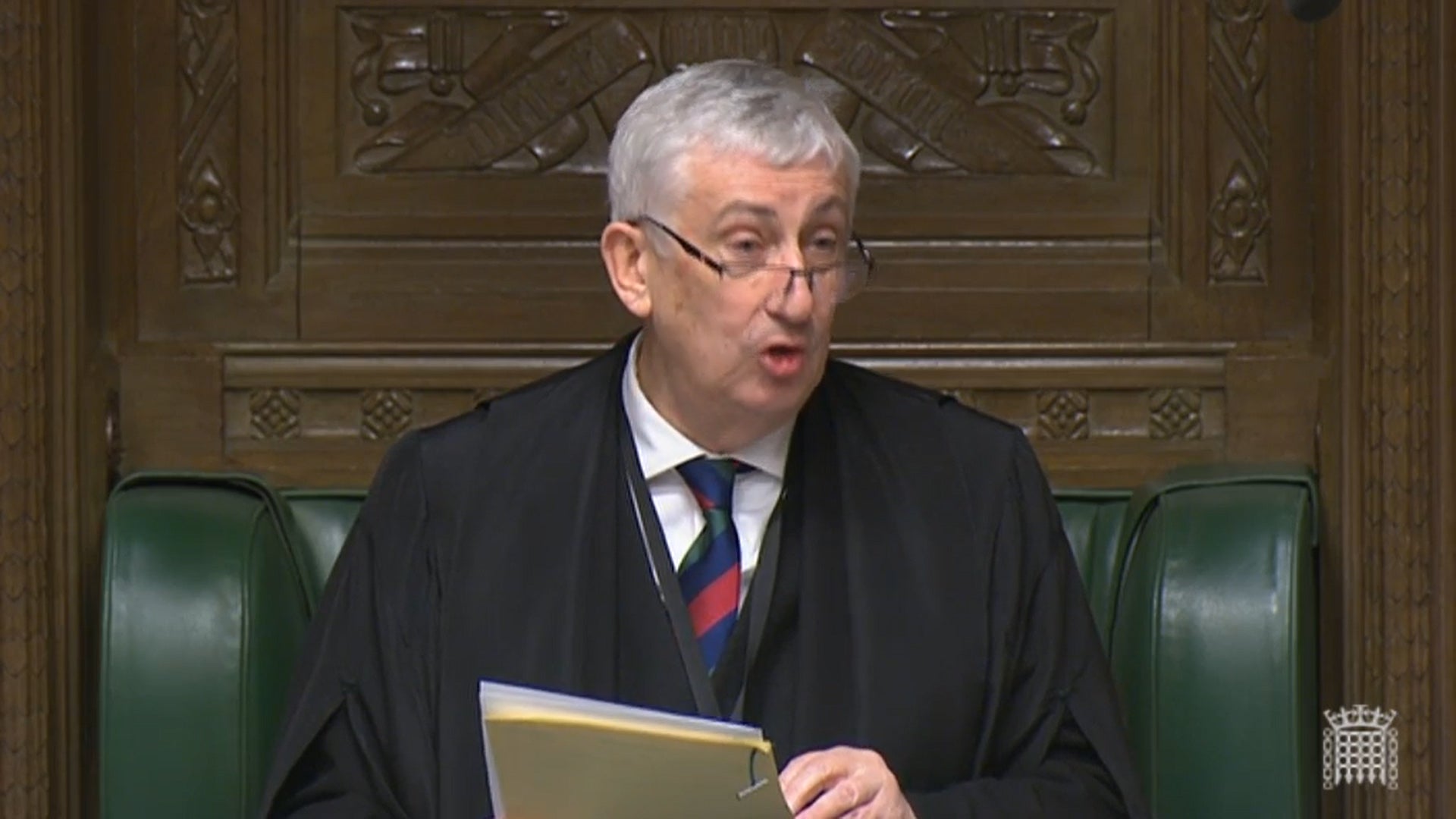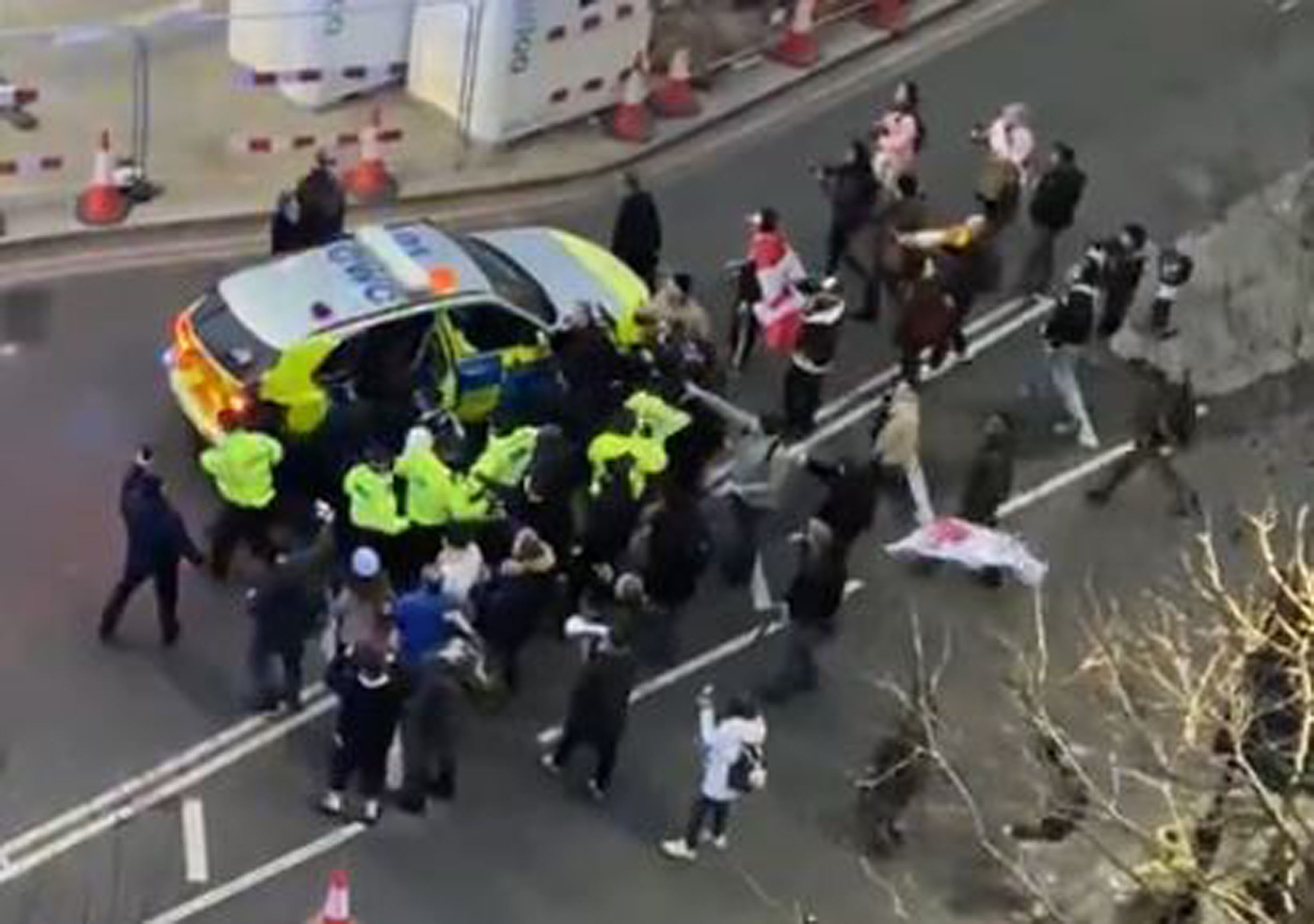
Boris Johnson has embarked on a mini-reshuffle as he continued to resist calls to apologise for his controversial attack on Sir Keir Starmer over Jimmy Savile.
Chief Whip Mark Spencer who has been criticised for his handling of discipline among MPs, is moved sideways to become Leader of the Commons.
He replaces Jacob Rees-Mogg who becomes Minister for Brexit Opportunities and Government Efficiency in the Cabinet Office.
Chris Heaton-Harris a long time ally of Mr Johnson, takes over as his parliamentary enforcer as the new Chief Whip.

The announcements came as the Commons Speaker Sir Lindsay Hoyle delivered a fresh rebuke to Mr Johnson over his claim in the Commons last week that Sir Keir failed to prosecute Savile when he was director of public prosecutions.
Sir Lindsay said he had requested a situation report from the Metropolitan Police after the Labour leader was surrounded on Monday by a mob accusing him of being a “paedophile protector”.
Sir Lindsay said: “I know it has been reported that some abuse was directed at the leader of the Opposition yesterday, related to claims made by the Prime Minister in this chamber.
“But regardless of yesterday’s incident, I made it clear last week that while the Prime Minister’s words were not disorderly they were inappropriate.

“As I said then, these sorts of comments only inflame opinions and generate disregard for the House and it is not acceptable.
“Our words have consequences and we should always be mindful of the fact.”
The abuse targeted at Sir Keir saw renewed calls for Mr Johnson to apologise for his claim, which critics said was completely unfounded.
They included at least six Conservative MPs – including one former Cabinet minister – after the Prime Minister’s long-standing aide Munira Mirza quit last week in protest at his refusal to withdraw the comments.
Downing Street, however, made it clear that he would not be apologising.

The Prime Minister’s official spokesman acknowledged his original words last week in the Commons were “capable of being misconstrued” and said that was why he subsequently issued a “clarification”.
“The Prime Minister clarified his remarks last week to make clear he was not suggesting Keir Starmer was individually responsible for the Savile decision,” the spokesman said.
He added: “I think the Prime Minister was making a political point about taking responsibility for organisations as a whole.”
Although Sir Keir was head of the Crown Prosecution Service in 2009 when a decision was taken not to prosecute Savile, he had no personal involvement in the deliberations.
Supporters of the Prime Minister argue that they are entitled to hold him to account for the failings of the organisation in the way Mr Johnson is being held accountable for lockdown parties in Downing Street.
Technology minister Chris Philp insisted the Prime Minister could not be held responsible for the “unacceptable” actions of the demonstrators.
He said that some of those taking part had been involved in similar incidents targeting Communities Secretary Michael Gove and the BBC journalist Nick Watt.
“They did mention Jimmy Savile. They also mentioned Julian Assange repeatedly, they mentioned Covid, they also mentioned the opposition more generally,” he told Sky News.
“I don’t think you can point to what the Prime Minister said as the cause of that. You certainly can’t blame him for the fact that that mob were clearly behaving in a totally unacceptable way.
“You certainly can’t say that what he said in any way prompted, provoked or justified the harassment and intimidation we saw last night.”
Mr Johnson tweeted on Monday evening that the “behaviour directed” at the Labour leader was “absolutely disgraceful”, but did not address the nature of the abuse.







